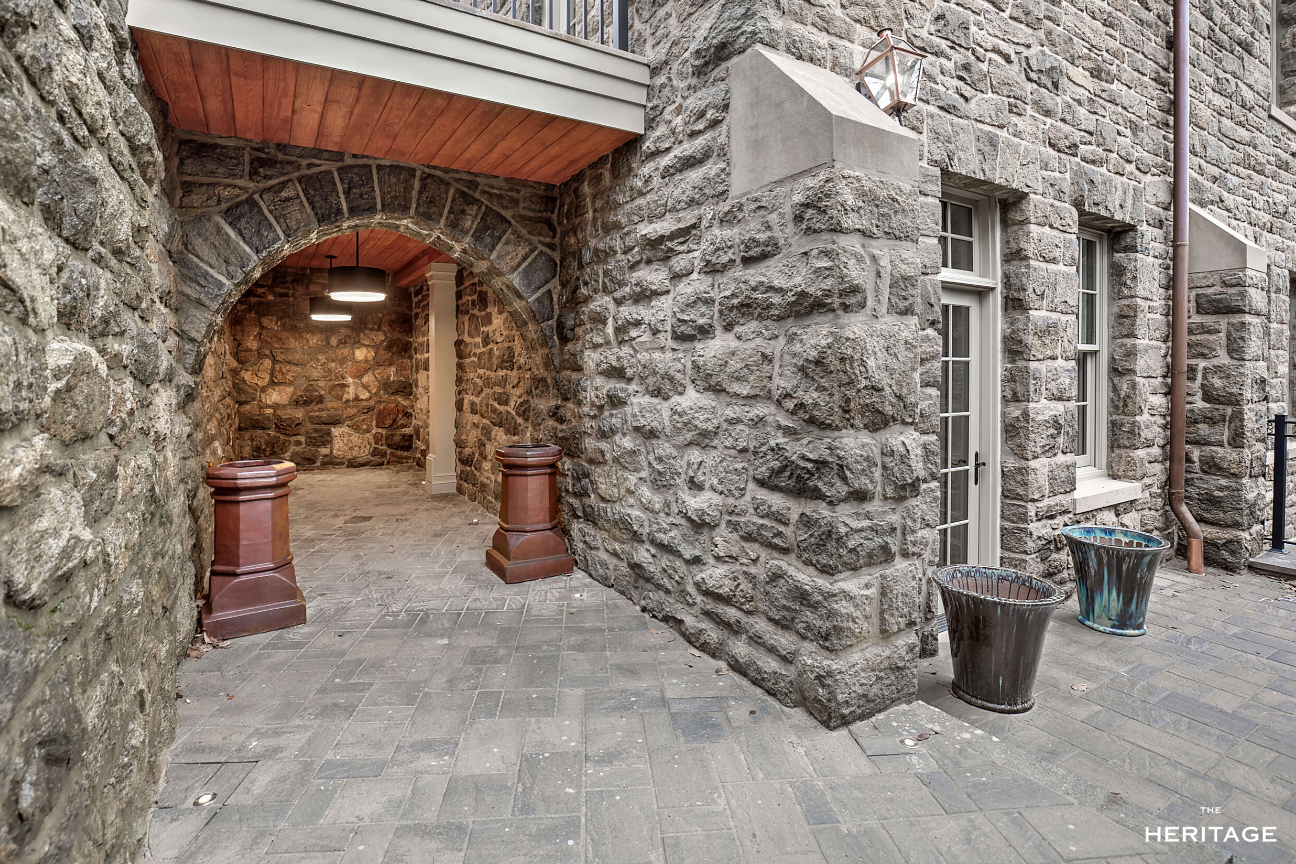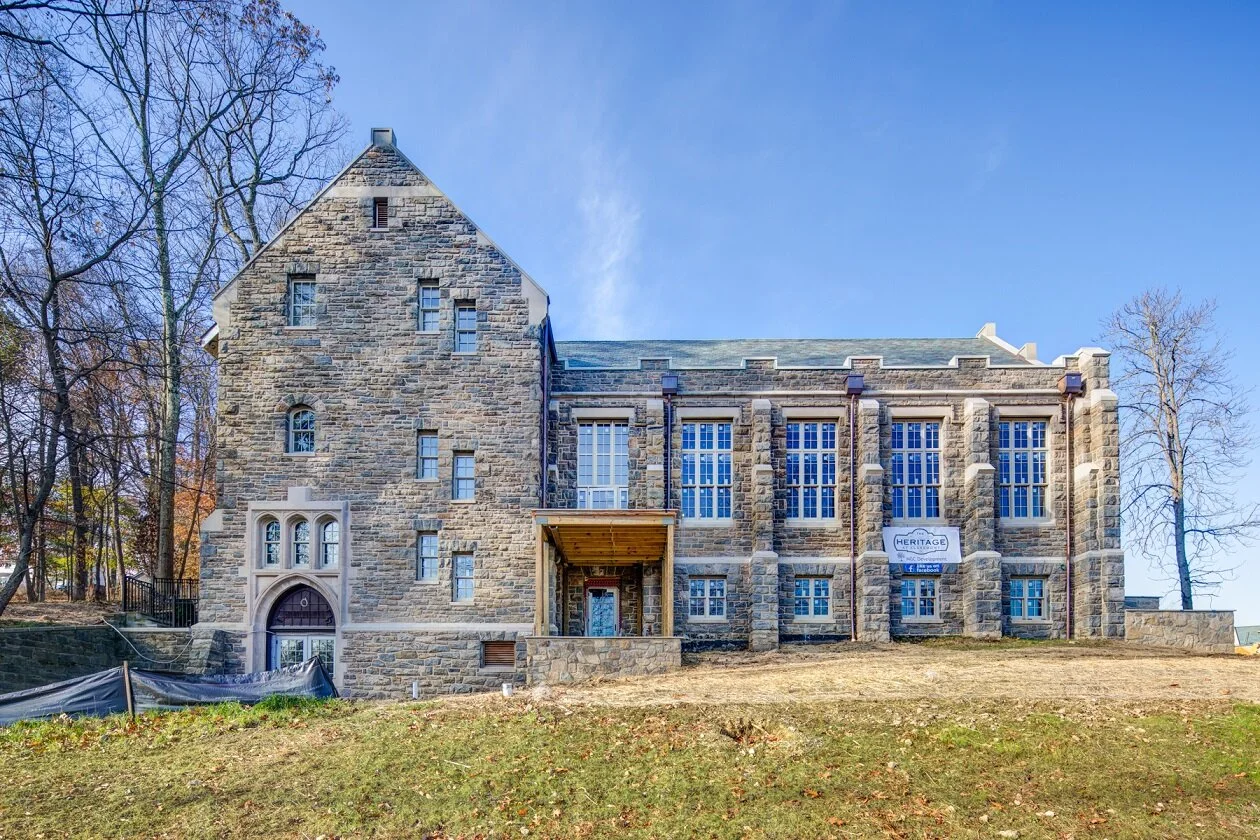The Heritage at Claremont’s History
Uniquely Bernardsville
The Great Hall, originally the Parish House of Saint Bernard’s Church, was designed in the Gothic style with arts and crafts influences by Henry Janeway Hardenbergh of New York City in 1912.
Hardenbergh is best known for designing both The Dakota and The Plaza Hotel in Manhattan, Boston’s Copley Plaza Hotel, Palmer Stadium and Palmer Laboratory at Princeton University and the Library, Chapel and Geology Hall at Rutgers University.
Architect Henry Janeway Hardenbergh
Hardenbergh’s work was highly regarded, considered “thoughtful, thorough and scholarly”. His buildings were designed for long term use, not short term profit and his insistence on heavy conservative masonry designs increased his reputation for dependable solidity, well suited for both estates and corporations. Hardenbergh was a prominent citizen of Bernardsville and a founding member of St. Bernard’s Church church along with George Seney.
Saint Bernard’s Church and the Parish House hold an iconic place in local history. The church was designed by the firm of LeBrun and Sons of New York City, designers of the Academy of Music and Cathedral of St. Peter and Saint Paul in Philadelphia. The church contains the most complete set of stained glass windows in the United States created by the leading English firm Kempe Studio. Interestingly, the first designed set of windows were lost during the sinking of the Titanic in 1912.
The Great Hall
Originally The Parish House
Circa 1912
Early photograph, courtesy of Visiting Nurses Association.
The Parish House was built not only to serve Saint Bernard’s Church but the entire community and many community outreach programs originated here. Soldiers were treated at the Parish House after their return from World War I. A Parish nurse was employed to tend to the infirmed residents of Bernardsville and this service later evolved into the Visiting Nurse Association of the Somerset Hills. Gill St. Bernard’s School was founded by the Rector in the 1920’s as a school for young boys.





